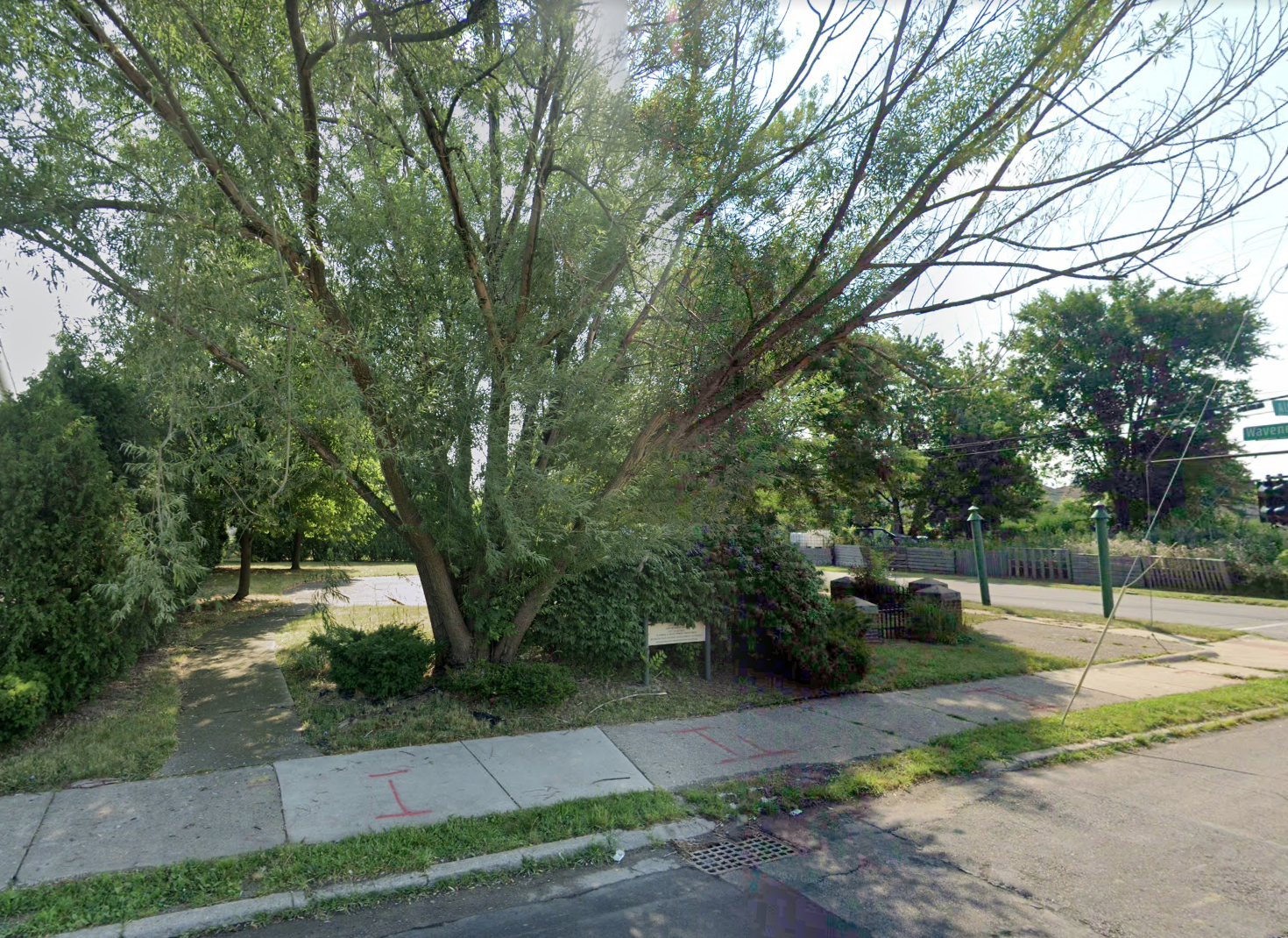Alter Botanical Garden
Working to improve the quality of life for people and pollinators by creating the Alter Rd. Botanical Garden
Leader
Timothy Jackson
Location
4310 Alter Rd Detroit, MI 48215
About the project
The Alter Rd. Botanical Garden will help improve the quality of life for people and pollinators within the Greater Warren & Conner Neighborhood.
The Steps
In order to secure a successful project, Detroit Hives will host virtual and in-person community meetings to help gather ideas, resources, and valuable insight on how this space should best represent the culture of our community. This action will take place May 25th
In June, we will host a series of volunteers days to engage community residents, as well as allow for our community to have a hand on the decision making process / volunteer process.
During June 15, with support from local residents we will identify a local artist to help construct a bee art installation in the center of our community garden site.
During June 28th, we will host additional volunteer days for residents to help plant trees and season perennials.
Why we‘re doing it
According to Detroit Future City, Detroit has 24 square miles of vacant land that has yet to be returned to productive use. These include commercial properties that may have contaminated the air, water, soil, and nearby natural habitats when in operation and small residential lots that eventually became overgrown with grass or shrubbery, making them prime spots for illegal dumping and other unsavory activity. Much of this property is in neighborhoods predominated by Black people with low income. Detroit Hives’ target area for this project is no different. Just over 90 percent of the 34,326 people living in 48205 are African American. The median household income is $26,648 and 14.2 percent of residents are unemployed.
Pollution, blight, and abandonment are linked to higher rates of chronic mental and physical health conditions, especially among people of color. DH is addressing disparities within marginalized communities by using pollinator habitats to reactivate vacant properties and facilitate food security, positive health outcomes, and environmental justice. DH also seeks to stimulate economic mobility by providing an outlet for local small businesses to sell their products and hosting neighborhood farmer markets.
A pollinator is an insect, bird, small animal, or anything that moves pollen to aid in fertilizing plants. The National Park Service says one out of every three bites of food exists because of pollinators’ efforts, including many fruits, vegetables, and seeds. Establishing pollinator gardens and apiaries can increase residents’ access to fresh food in sections of Detroit lacking produce sources as well as stabilize soil, clean air, supply oxygen, and support wildlife. Additionally, bees produce honey, which has been proven to boost immune systems, provide antioxidants, and act as an antimicrobial and anti-inflammatory agent. It also assists with coughs, colds, and diabetes management.

